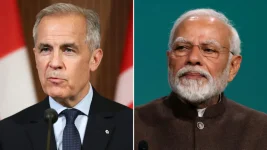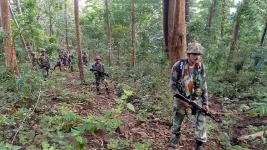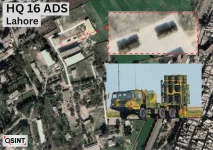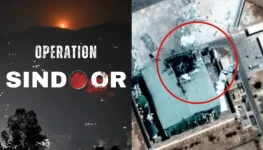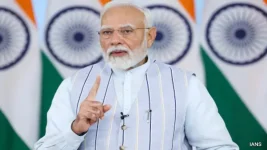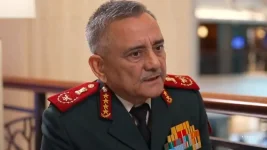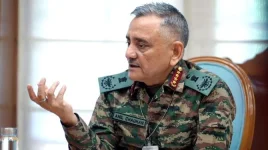Strategic experts on Friday discussed the contours of the current India-US relationship, with some saying that it was a moment where the ties are being “tested”, while others said one should not get swayed by words like “transactional” being used by many to describe it.
The online panel discussion saw participation from members of some of the think-tanks based in Delhi and Washington. The topic was ‘Negotiating a Transactional Relationship: India and the US’, and the discussion was hosted by Delhi-based Centre for Land Warfare Studies (CLAWS).
Elizabeth Threlkeld, a Senior Fellow and Director of the South Asia Program at the Stimson Center in Washington, emphasised the broader “momentum and continuity in the relationship” between India and the US.
The online event was held nearly a month after the cessation of firing and military action between India and Pakistan after a four-day military conflict. While the US has claimed that it played a role in this cessation, India has asserted that Islamabad pleaded for a ceasefire on May 10 after India inflicted heavy damage to several air bases.
“This is a moment where the relationship is being tested in some ways. And the previous flashpoints that we could look back to, at least in my read of the situation, really galvanised an acceleration of what had been building in the US-India partnership, back in the Galwan crisis, in 2020,” she said.
India-US relations were “fully aligned” in that context, in terms of their defence partnership, among other things, and the “relationship came out stronger.” If both sides are going to be able to move forward, to look towards, e.g., the Quad leaders summit that is happening later this year, that is a moment to “build towards a relationship,” the strategic expert said.
Daniel Markey, a Senior Fellow with the South Asia and China programmes at the Stimson Center, conjectured how Beijing looked at the conflict, and its regional ramifications if the situation had escalated.
“I don’t think anyone wants to see a major war, India, Pakistan, the US or China, which is a huge positive thing we have going for ourselves,” he said.
The event sought to put in focus where the Indo-US relationship stands, and where it is headed, “in a time of shifting global power equations, transactional diplomacy, and recalibrated alliances,” according to a note by CLAWS.
Aparna Pande, research fellow at Washington-based Hudson Institute, cited foreign policy elements of several previous US administrations in the last seven decades, and said, if India-US relationship has “survived all of that it will survive what is here today.”
So, let us not get swayed by this reference of “transactionalism or mercurialism,” she said.
“India has benefited for the last 35 years from, you can call it, strategic altruism from the American side. The American grand strategy or American policy makers believe India’s rise per se is good for US national security interests and national economic interests,” Pande said.

